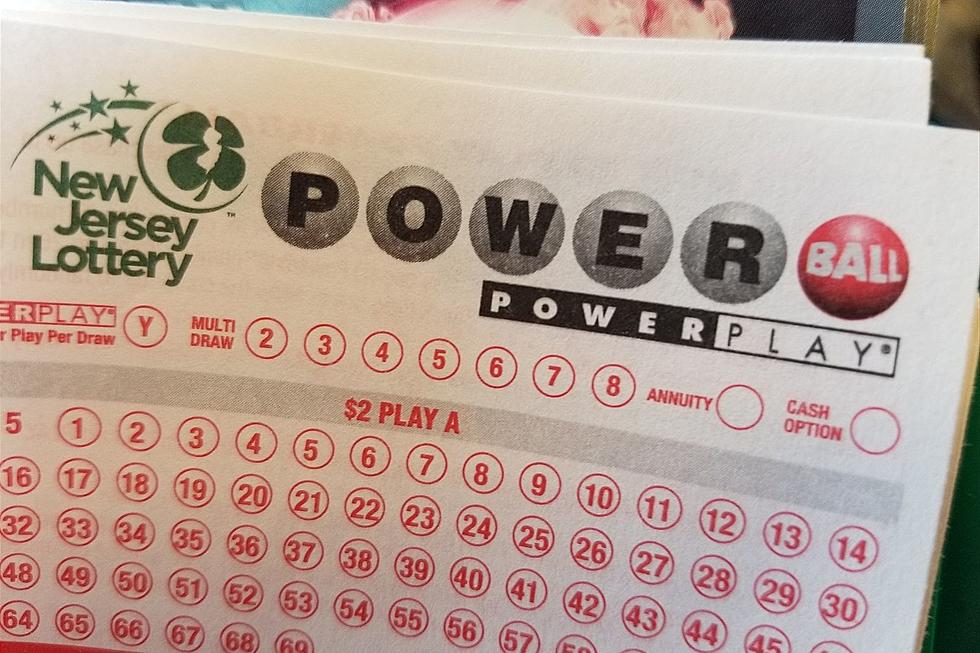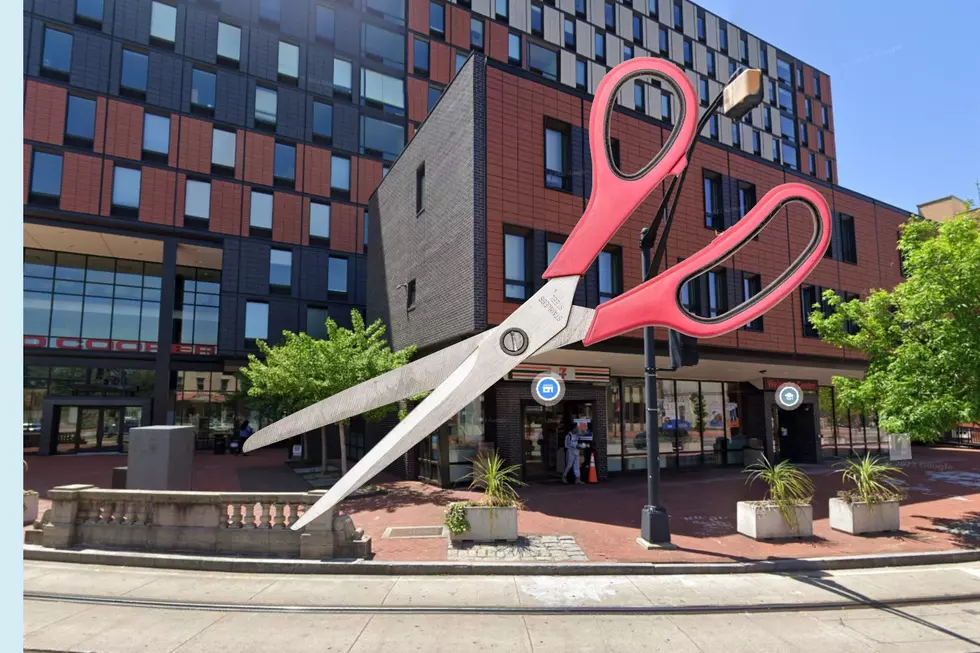
Annual Car Re-registration Could End Under Revived Bill
Legislation to end annual re-registration of vehicles in New Jersey -- and the resulting payment of fees -- has been introduced in Trenton.
When you buy a car in New Jersey, the registration is good for four years. Then you have to go back and re-register every year. One of the co-sponsors of a bill to end that practice is Assemblyman Michael Patrick Carroll (R-Morris Plains).
"Once you register your car, it is good until you go to sell it, and then the new person will register it," Carroll said, explaining how the new system would work. "So there is no need to renew it annually. If you go to sell it, obviously you have that piece of paper, that title that has to be transferred, and the new person can register it at that juncture."
Carroll said there is no reason why registration has to be done every year, except as a fundraising mechanism.
"I kind of object to fundraising mechanisms posing as fees," he said. "It looks an awful lot like a hidden tax."
The bill's co-sponsor is Assemblyman Declan O'Scanlon (R-Red Bank), famous around Trenton for his battle against red light cameras, and other fees and penalty-charging mechanisms he claims are government money grabs.
"Declan and I play tag team on car issues," Carroll said. "We both look at the enforcement agencies as more or less along the lines of fundraisers all too often, and that is not what they should exist for."
How much would citizens save from this change in registrations? According to Carroll, "40-some-odd dollars, 60-some-odd dollars, 100-some-odd dollars a year, depending on how many cars you have and whether one of them is a motorcycle."
Critics of the bill say the state would lose the annual revenue from the re-registration fees, which make up a portion of the $485 million expected to come in during the impending fiscal year.
"If the state doesn't have the money, what will it do? Well, my personal philosophy is it can get smaller," Carroll said. "First and foremost, the (Motor Vehicle Commission) doesn't need people doing these sorts of things. It could save money by simply not shipping out all of these pieces of paper."
More From WPG Talk Radio 95.5 FM










